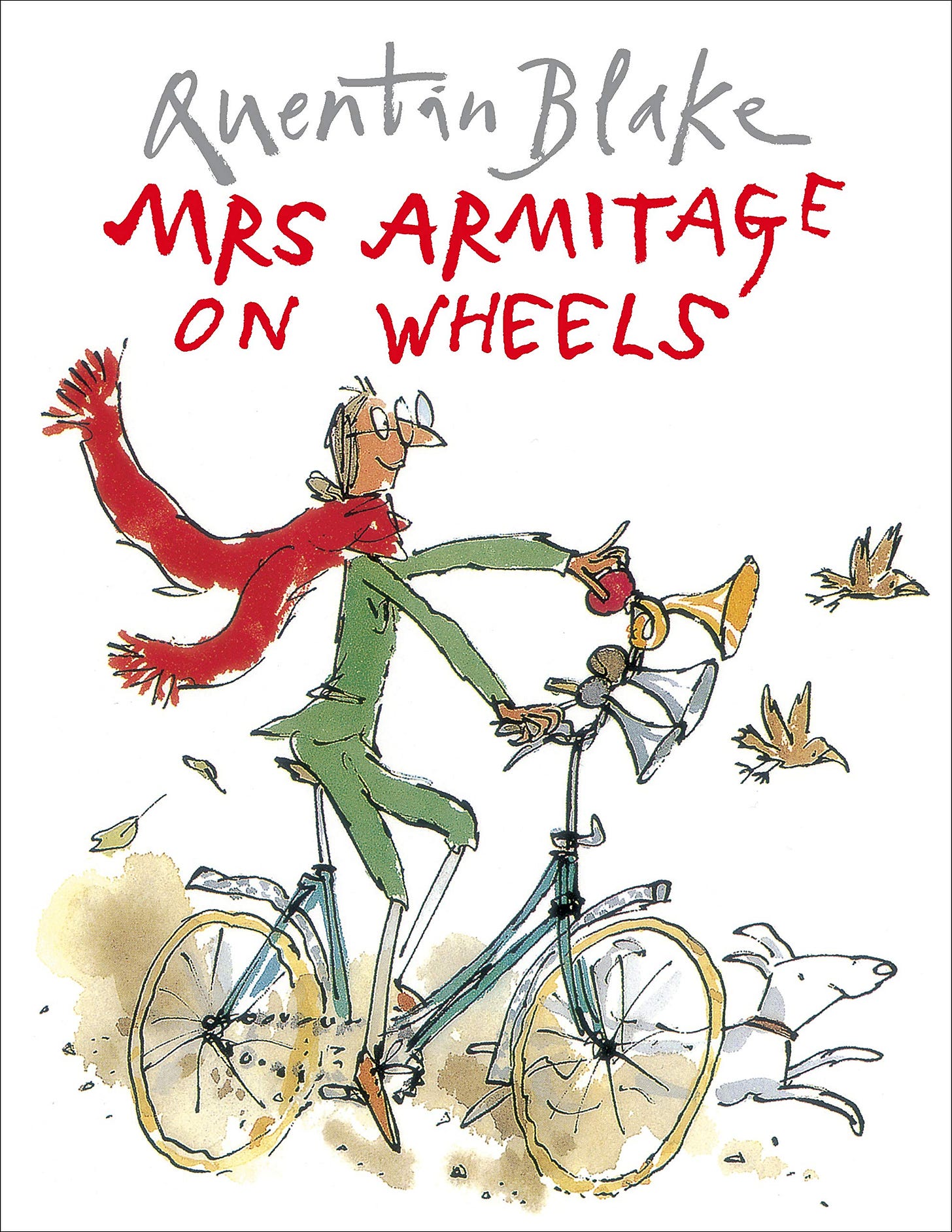I was reading Amos Tversky’s classic paper, Features of similarity (1977) this morning, and for some reason it reminded me of Quentin Blake’s also classic children’s book Mrs Armitage on Wheels.
In their own ways, both of these pieces of literature might lead us to ask: When is it better to work on creating a new context?
A ubiquitous feature of human practices is that they involve tools. We use tools to various ends, including to help us make things, and to provide information of some sort (an evaluative function). When an upgrade of some sort comes along, we may trade one tool in for a better alternative.
Under what conditions does it make sense not to focus on changing the tool, but the context? I feel as though this might apply in situations where tools suffer from a problematic premise—this is how I currently see rubrics in educational settings; better rubrics still have the same underlying technological issues. To effect meaningful change in a field like education, it might not be sufficient to focus on tools.
